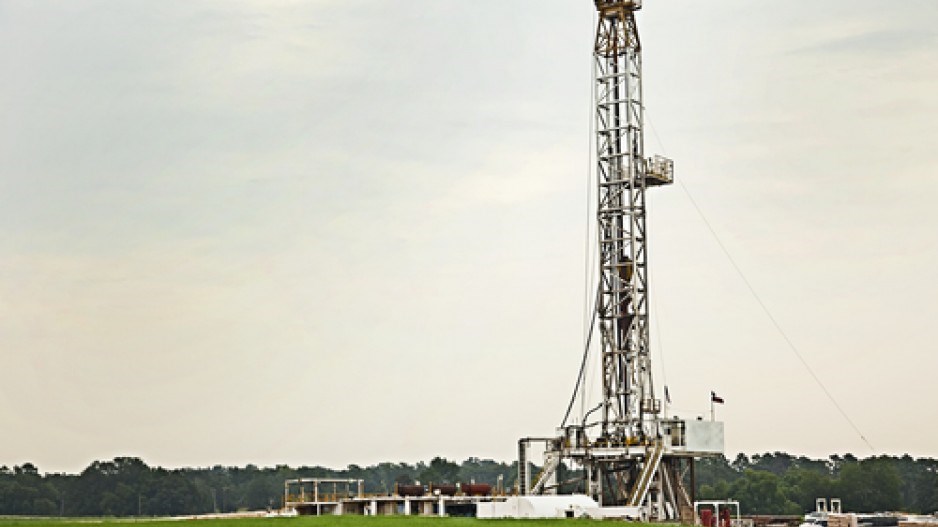The first quarter of the year was not good for sales of Crown oil and gas land, and the industry’s top broker said this is unlikely to change any time soon.
The industry is not immune to the downturn, said Gregg Scott, president of Scott Land & Lease Ltd., and when things will pick up is anybody’s guess at this point.
Like all service providers, Scott’s company has been affected by the downturn and has adjusted its staffing to match activity levels and reduce costs as a result of the collapse in oil prices.
“In spite of that, we have kept our core team intact in all our six offices,” Scott said. “As for land sales, we continue to have a dedicated Crown land sale team headed by our manager, Michi Galvin, who has been with us for over 10 years.
“Last year was our 24th consecutive year as the top land buyer at Crown land sales. However, our bid total this year could be one of the lowest in that period.”
Scott Land was the top Crown land buyer in the first quarter of 2016.
Nonetheless, it was an ugly opening quarter of 2016 for Crown land sales — spending declined by 75% from the same period last year as producers showed little appetite in opening their wallets.
First-quarter land spending has declined every year since 2011, when provinces collected $722.32 million during the first three months of the year. Producers and brokers across Canada paid $4.13 billion for all of 2011 to secure land rights, the third highest bonus total in the history of the Canadian petroleum industry, fuelled by the Duvernay land rush. Only full-year 2008 ($5.01 billion), driven by strong spending in British Columbia, and 2006 ($4.24 billion), carried by the oilsands land boom, had higher bonus spending than 2011.
The first quarter included a sale of $0 at British Columbia’s February sale.
Land sale revenues likely won’t improve significantly until there is a major turnaround in pricing and markets for the petroleum industry.
Meanwhile, Scott said there have been some interesting trends this past year.
“Firstly, many clients are transferring lease agreements, that we hold for them in our name, to other companies, which indicates there is a lot of land swapping and selling going on behind the scenes,” he noted. “Another trend we are seeing is that significant blocks of land are being turned back to the Crown to avoid paying the ongoing fees and rental obligations — basically, another cost-cutting measure.
“I do not believe we will see significant land sale activity for the remainder of this year,” Scott added. “However, given that there was a large land buying spree four-five years ago, there are now hundreds of thousands of hectares expiring every month as producers have allowed attractive acreage to expire rather than spend the capital necessary to drill and hold the land in the current environment.
“This shrinking supply of land on the books of oil companies should set up another land rush for Crown and freehold land as soon as commodity prices increase and show some stability.”
Regarding reversions, Brad Hayes, president of Petrel Robertson Consulting Ltd.,added that most producers he speaks with indicate it’s unlikely that large prospective land blocks “would go down.” Even if a company is in financial distress, there will be competitors nearby with the capacity and willingness to augment their holdings, and those competitors are “looking for exactly these situations so that they can make some sort of deal to tie up lands in danger of expiry, and do whatever work needs to be done to hold them.
“And, I do think we’re in for a protracted period of low land sale bids; many companies are stretched to do what they need to do to hold and develop their existing lands and facilities,” Hayes noted. “They have little capacity or interest in developing new plays, and the prospective fairways in established plays are pretty much occupied. Even when we see contrarian investors come in looking to establish a new exploration position, they are going to buy acreage very cheaply, and prices won’t escalate until the potential value of a new play is established, and economics in general are better.”




